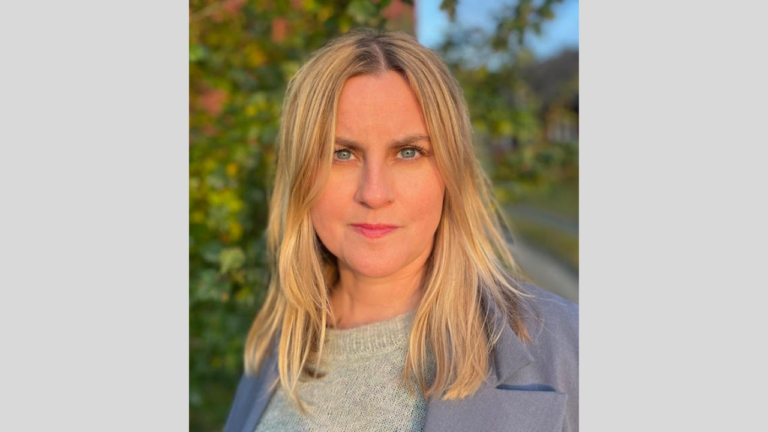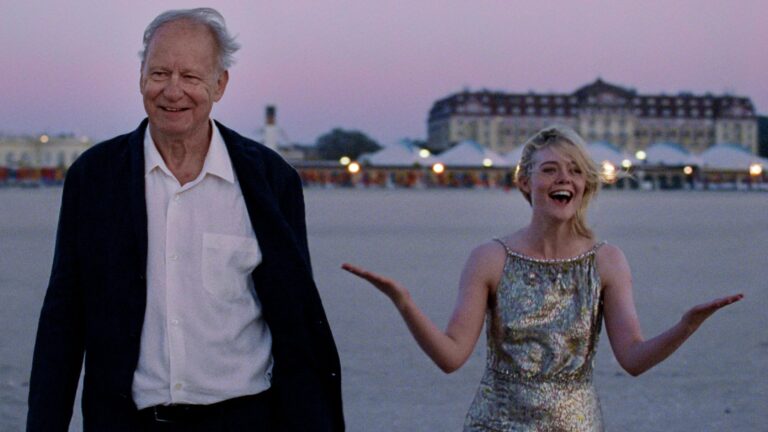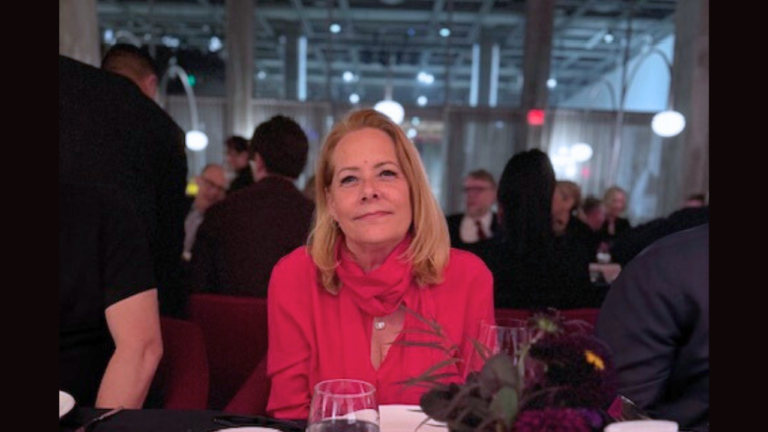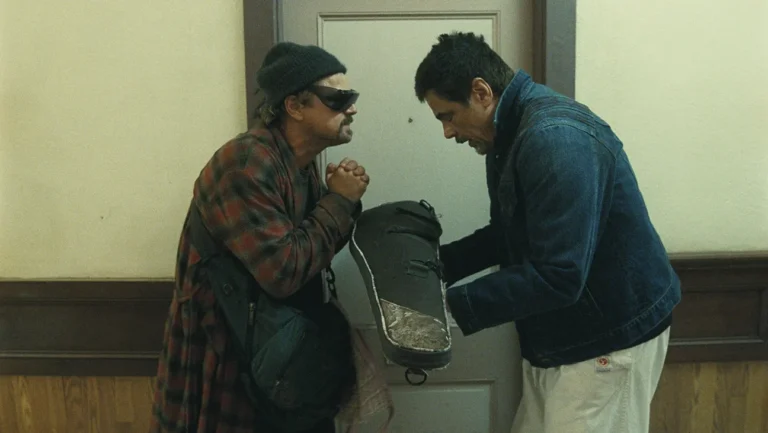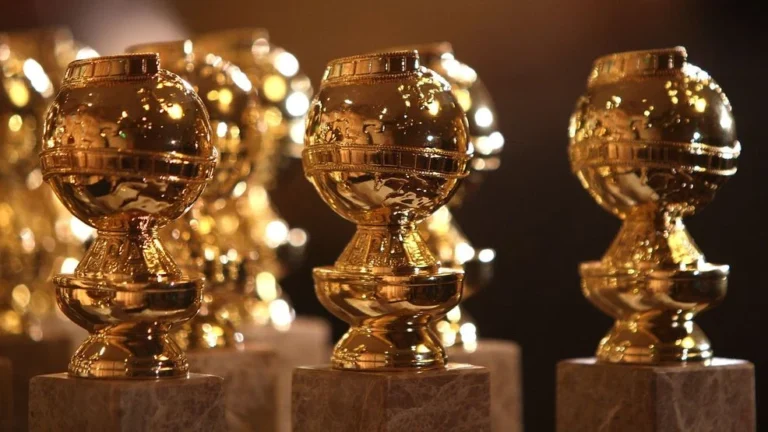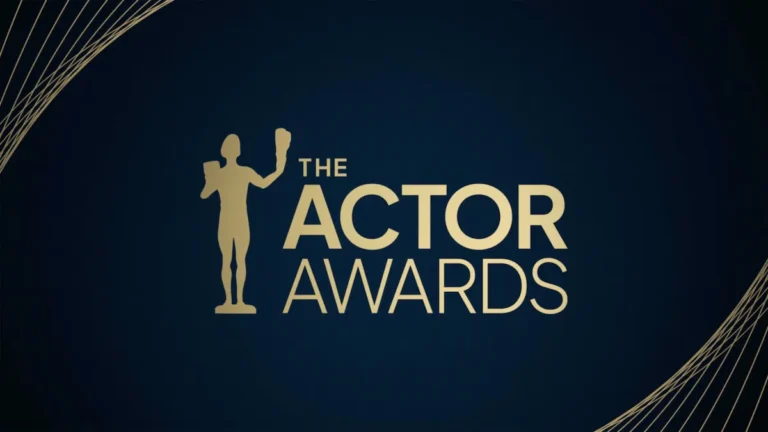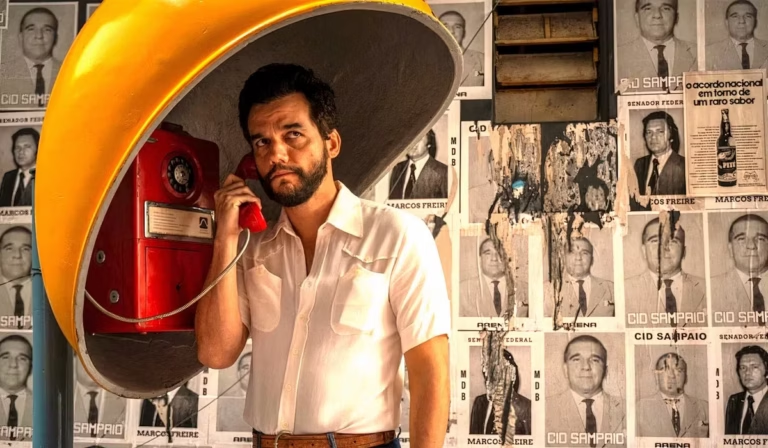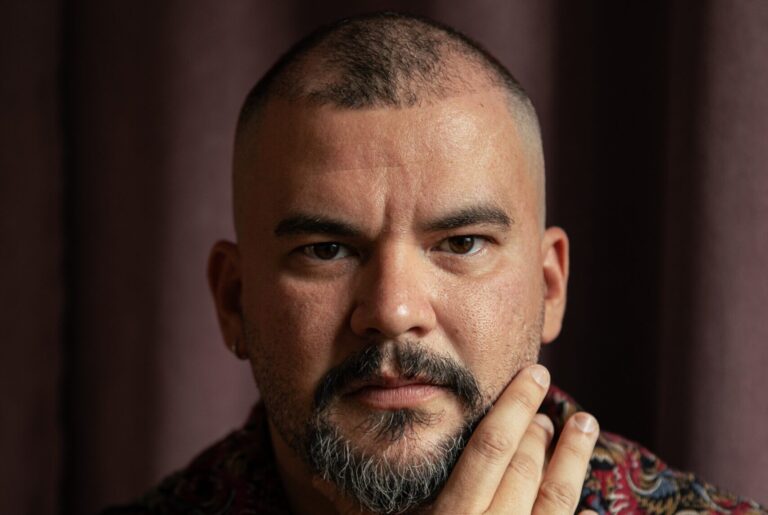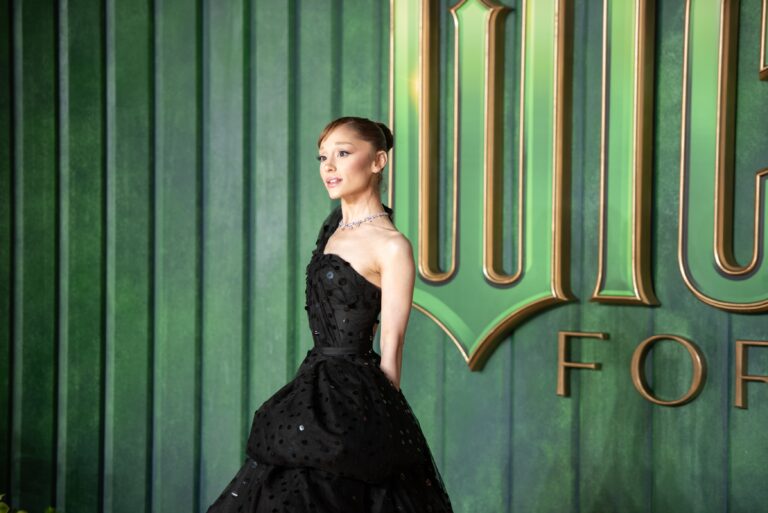Over the last 15 years, Rich Delia has become one of the most sought-after and respected casting directors in Hollywood, and for good reason.
Films as disparate as The Flash, No Hard Feelings, Red, White & Royal Blue, Abigail, G20 and Joy Ride are all on his resume, and that’s just over the last couple of years. There are more than 100 others, and at least a dozen more coming out soon. One of those is the Stephen King adaptation, The Long Walk.
Directed by Francis Lawrence, the movie follows a group of teenage boys in a dystopian future who compete in an annual contest known as “The Long Walk,” where they must maintain a certain walking speed or face lethal consequences.
The film stars a cast of mostly unknown young actors, with Cooper Hoffman and Charlie Plummer being the biggest names. The film also stars Judy Greer, Josh Hamilton and Mark Hamill, and hits theaters September 12. Delia spoke to us about the project from his office in LA.
Insights From Rich Delia
- Show genuine passion and emotional honesty in your auditions to connect with difficult material.
- Be open and vulnerable so your performance feels authentic and serves the character.
- Focus on the work itself rather than image or ego to build trust with casting directors and filmmakers.
How did you get involved? Had you worked with Francis before?
This was my first time working with him, and he was incredible. I had a meeting with him, and I loved him. Fortunately, it worked out.
This is the third iteration of the film that I’ve been casting. Several different directors have tried to get it off the ground, at a couple of different studios, and I had been involved in prior iterations of it, each a few years apart.
The age is very specific in the book, so it started from scratch each time. I knew these characters so well, and I felt so attached to them.
I felt so lucky when I got the call from Lionsgate, which was a new studio, asking me if I would be interested. I don’t even know if they were aware that I had been involved in previous iterations of it, but I said absolutely.
I’m a huge fan of Francis Lawrence, and his version of the script is quite different in certain ways. It was almost like reading a new script, even though I was so familiar with the story, and I was so excited to get to dive into those waters again. Sometimes you put your heart and soul into something and cast something, and then it doesn’t go, and starting from scratch could feel like a slog. This was a joy.
I’m fascinated by this idea of having cast the film three times already and having to go through the process repeatedly.
You know, it’s a very tough book to get off the ground. A lot of people have tried to adapt it, but for all of the reasons that it’s brilliant, it’s a bit bleak because it’s dystopian in nature, and of course, everyone dies. It deals with a lot of really tough, emotional, intense issues, which is part of why I love it.
What excites me the most about any script I take on, in whatever genre, is character. The characters in this, before you watch them die, you fall in love with them or you hate them, but each of them makes you feel something profound.
I became quite attached to the characters themselves. Each time I came to it, even though it was new actors coming to the piece, I felt more and more attached to the characters, so that by the time I had the benefit of working on it this time, I felt like I knew them so well that I felt an intense desire to do them justice.
What are the challenges of filling a cast with unknown younger talent, like you did here?
To me, that was the most exciting part of it, because I love the idea of helping to showcase talent, especially when it’s younger talent, and to really bring actors to the fore that I have had the benefit of getting to know through the years, and then giving them these incredible opportunities.
Francis was so open to discovering and working with new talent, and I think for this particular story, it works, because casting is such a delicate balance. You don’t want the personality of the performer to outshine the character, and this particular film, I think, you want to become attached to the characters.
Having an audience that does not have preconceptions of what they may know about that actor from either previous performances or from their personal life, and being able to sink in and see them as the characters they portray, I think, gives it an immediacy and a realness that pays dividends in the end. I felt so blessed that Francis felt it was important, and the studio was fully behind him and fully behind his vision. This was the best actor who won the role.
That must be enormously liberating as a cast director to have that kind of freedom.
It’s incredible. It’s the best part of casting. Getting to work with all the actors, getting to read with them, getting to push them all, because the material is so challenging and so demanding.
What I loved and appreciated so much was how much passion the actors themselves put into it. All of the actors were excited to read. All of the actors understood that these are not easy roles, and they wanted to make sure, within the process, that they could handle it emotionally, and that there was this trust between Francis and them.
I think because of that, we got actors who were extremely passionate about the material. I believe it’s going to show on screen.
Let’s talk about Cooper Hoffman and Charlie Plummer, who are the two biggest names. Did they also audition?
Yeah, all of the kids did. Francis set that tone from the beginning. Charlie is an interesting actor. He just has no vanity. He doesn’t care about the way he comes across. He’s really about the work.
Cooper is so incredible. Cooper’s dad [Phillip Seymour Hoffman] had worked with Francis before [in The Hunger Games], and Cooper has such an open, generous, amazing spirit and heart. For that particular role, that’s really what you needed. Once that happened, the rest of it started to take shape around that.
How close is the film to what you imagined it would be the first time you were working on it, years ago?
It’s quite different. I’ve loved every version of it that I’ve worked on, but I believe that everything happens for a reason, and this was the right time for this to come to fruition, with what’s going on in the world.
Francis is a visionary filmmaker, and his vision for this was so crystal clear from the beginning that it set the tone. You knew exactly what he wanted to achieve, and so it informed every aspect of the production.
When you finish a project like this, and you’ve done the job well, do you allow yourself to enjoy it? Or is it just on to the next job?
The funny thing is, I have chosen not to see this film yet. I want to see it with an audience, and I needed to put some emotional distance between myself and this one, because I felt that I had put my heart and soul into it. When you work on a film that you care about, you become very attached to it.
I’m proud of the work that was done, and I think it’s going to be a beautiful film, but I know it’s going to be a hard film for me to watch, because I know how much I care about all of these boys, and I am going to have to watch them all die. I know ultimately I will enjoy seeing it, but I also know it’s going to be a hard watch for me, because each of those deaths is going to hit me in a very profound way.
I can imagine, but I will point out that you did not answer the question.
(Laughs) I don’t think the work is about me. The work is about the actors, and so for me, the most exciting part is the thrill of getting to help give these actors jobs they really fought for and are passionate about and believe in.
There are so many times in casting where you believe someone is the right person to tell that character story, and for whatever reason, it doesn’t work out. This was one where we got very, very, very lucky. I think the people we felt were the right people to tell that character story were the ones we championed through the casting process, and they got cast.
I look at the cast and I’m amazed that we got it, because I know how hard we fought for every one of them. That’s the part that I’m truly proud of and that I’m truly going to enjoy. Working with them, and the vulnerability that they brought to it, the fear that they brought to it and the passion that they brought to it, to me, is very, very, very special. I don’t take it lightly. It’s a true gift to be a part of that.
As an objective observer, that sounds a lot like really good casting.
I appreciate it. I can do a little bit to help promote this movie because I believe in it so much. I know it’s going to be a hard watch, but I know it’s also going to be an important and profound watch for people who see it.
I hope people respond to this movie feeling that they want to give a little bit more to humanity, that they want to be a bit nicer to people, and that they want to do a little bit better in the world. Because at the end of the day, we’re all just people trying to do our best.
Final Takeaways
Rich Delia’s experience casting The Long Walk reveals the deep connection between actors, characters, and the vision behind a project. This process highlights the importance of passion, vulnerability, and trust in collaboration with casting directors and filmmakers. Here are some key takeaways to help you navigate your own journey into casting and performance:
- Casting directors value actors who show genuine commitment and can handle emotionally demanding material.
- Don’t be afraid to reveal your true self. Authenticity helps the character come alive without overshadowing the story.
- Prepare to connect with the role on a personal level, even before you get the part.
- Directors and casting directors look for actors who are collaborative and aligned with the project’s tone and goals.
- Prioritize the craft over image or ego to stand out in auditions.
Delia’s journey casting The Long Walk underscores that great acting is more than talent. It’s heart, trust, and dedication to storytelling. Embrace these qualities, and you’ll be ready to make a meaningful impact in your next audition.
You may also like:

